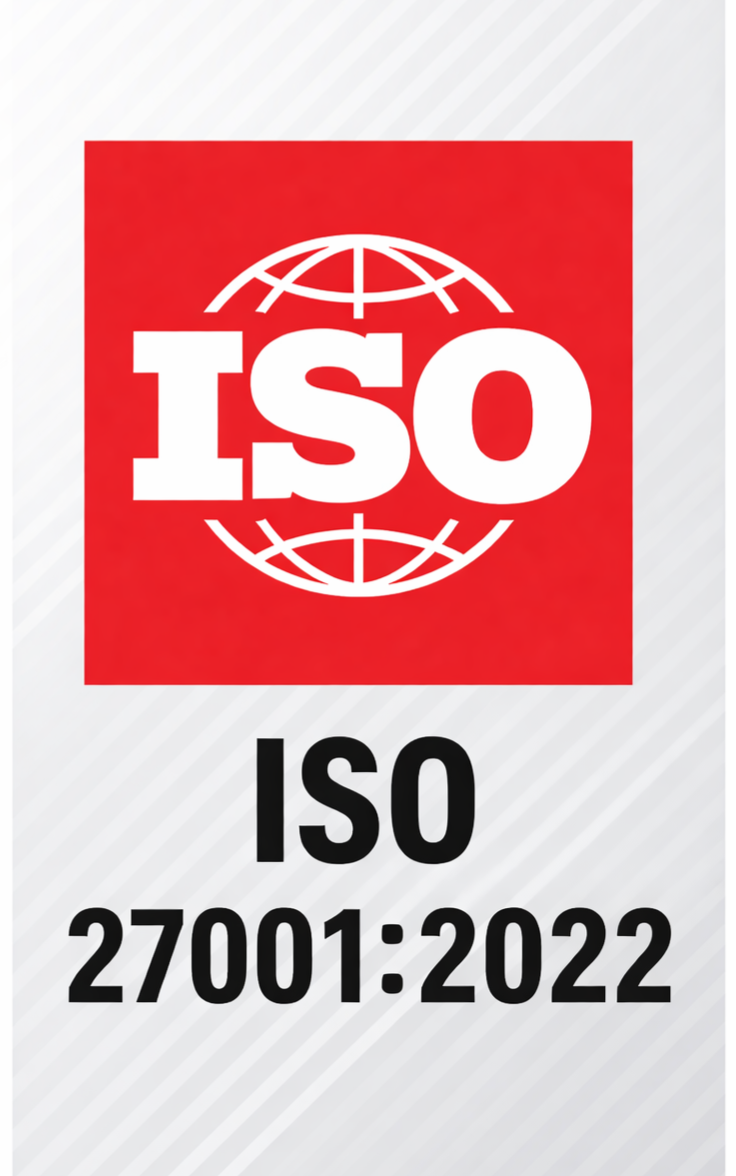Wake Up Europe: It’s Time to Support our Tech Sector
For years, U.S. tech companies have thrived internationally due to “competitive advantage”. Competitive advantage in international trade refers to a nation’s ability to produce goods and services more efficiently or at a lower cost than its competitors by specialising in specific sectors (rather than being average in many). A country’s specialisation may be based on expertise and reputation developed over many decades (think Swiss watchmaking, French luxury goods, German cars, Italian fashion), the availability of natural resources (mining, gas, oil, etc), and the educational / skill level of its people. This specialisation not only drives productivity, it fuels global economic growth and is deflationary.
The trade tariffs announced by the U.S. in the past few days focuses on goods rather than on services, despite the fact that services, including technology services, respresent a significant portion of developed countries’ economies. This is very much the case for the U.S. Indeed, according to the U.S. Census Bureau, in 2023 the U.S. held a trade deficit of approximately $139 billion in goods with the EU and $63 billion with Switzerland, but in services had a trade deficit of $31 billion with the EU and a surplus of $7 billion with Switzerland. These statistics reflect the complexities of trade relationships and underline the importance of services, including technology, in international trade.
Over the past decade, US technology companies – led by the Magnificent 7 of Apple, Amazon, Google, Microsoft, Facebook, Tesla, and Nvidia – have dominated the international technology landscape. European hardware and software companies often struggle to compete with them because the US companies have built a significant advantage in terms of their capabailities and scale. In addition, in corporate world “nobody gets fired for buying IBM”.
The nascent trade war poses a serious risk to Europe: we are too dependent on US technology and can no longer count on the US being a reliable partner. Irrespective of whether the EU introduces measures targeting U.S. tech companies (a possibility being considered even before President Trump announced his trade tariffs last week), Europe needs to recognise the potential of its own tech sector and rally behind it. This is essential to spur productivity improvements, economic growth, and self-sufficiency.
European countries have a lot tech potential. We are renowned for our quality and precision (Switzerland more than any country!), creativity, design, engineering, language skills, and internationality. However, until now our governments have not done enough to develop environments that will help tech start-ups be succesful. In fact, the business environment in many countries does more to hinder than to help start-ups. Start-ups need access to venture capital, bankcruptcy laws that allow entrepreneurs to innovate and take risks, tax regimes that support companies in their ealy years, investment in STEM fields and in universities’ R&D capabilities, and a regulatory framework that encourages experimentation and growth. Today Europe does not have a single ecosystem that compares to Silicon Valley.
In addition, European businesses and consumers must prioritise buying national and European technology solutions when one exists that compares favourably to US solutions. For example, we can already decide to use a European CRM, digital bank, ERP, HRIS, invoicing software, or trading platform. There are many excellent European technologies in the market and as they acquire more customers and become more profitbale they will be able to further invest in product innovation. They also build solutions that are designed with European customers in mind, e.g., multi-language and aligned to our regulatory requirements.
It is natural to feel anxious and, perhaps, pessimistic when the interntional trading system is turned upside down, markets are crashing, and everyone is talking about recession. However, this is a great opportunity for European countries. It’s time for sleepy Europe to wake up.






